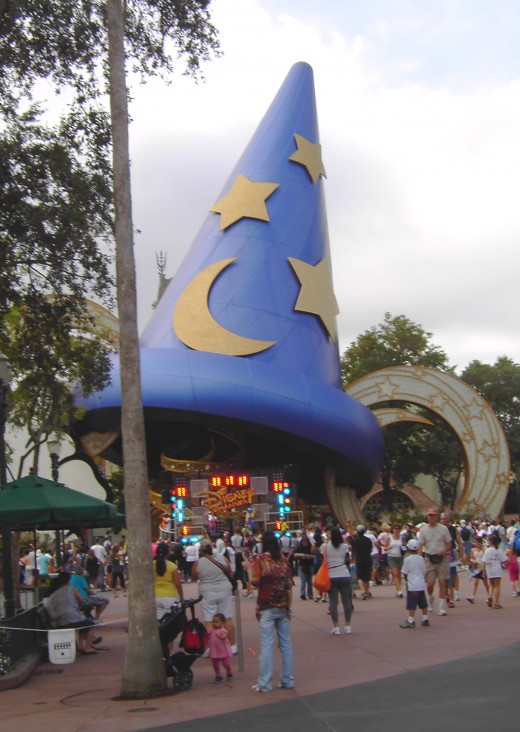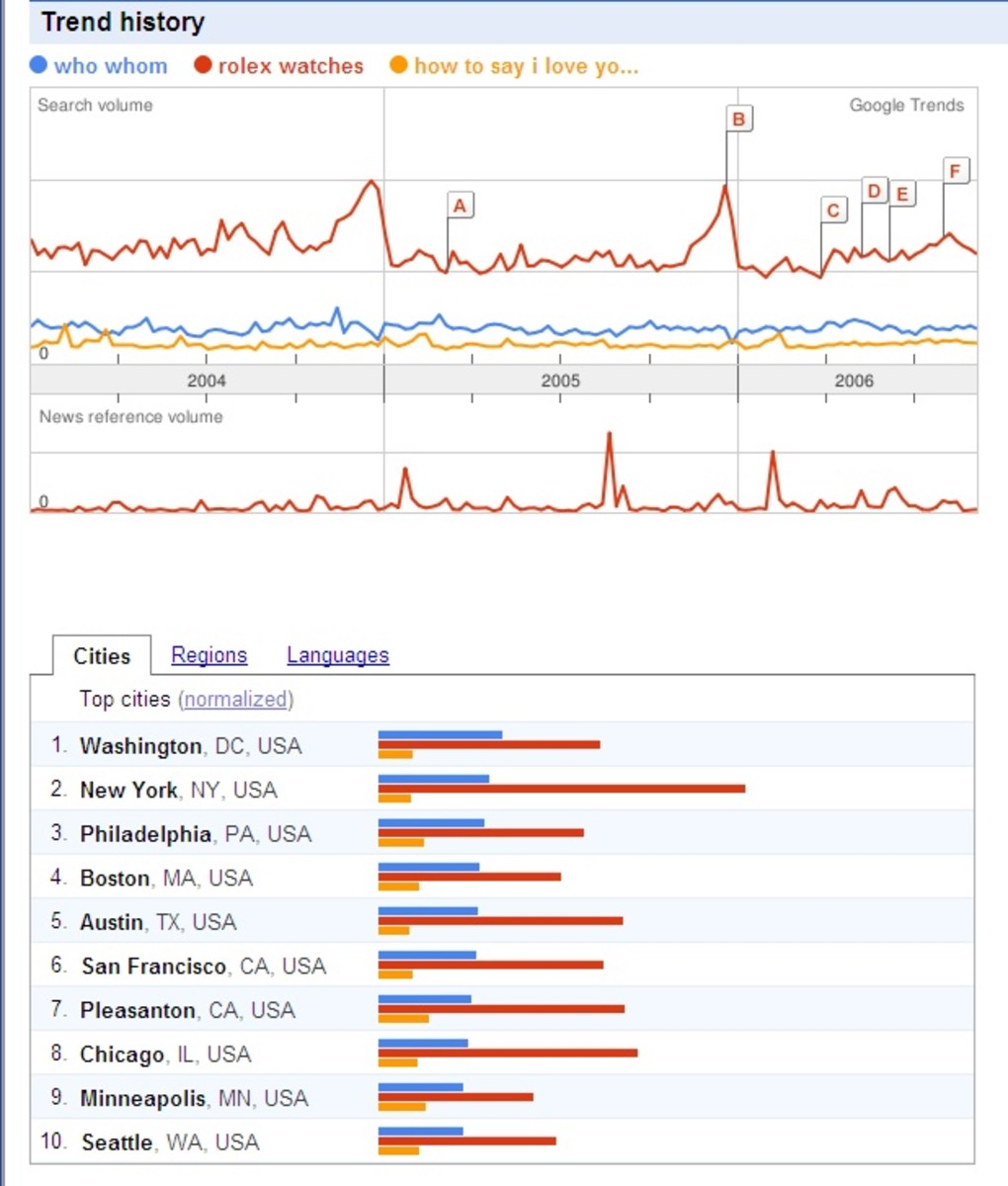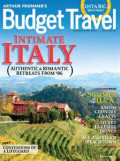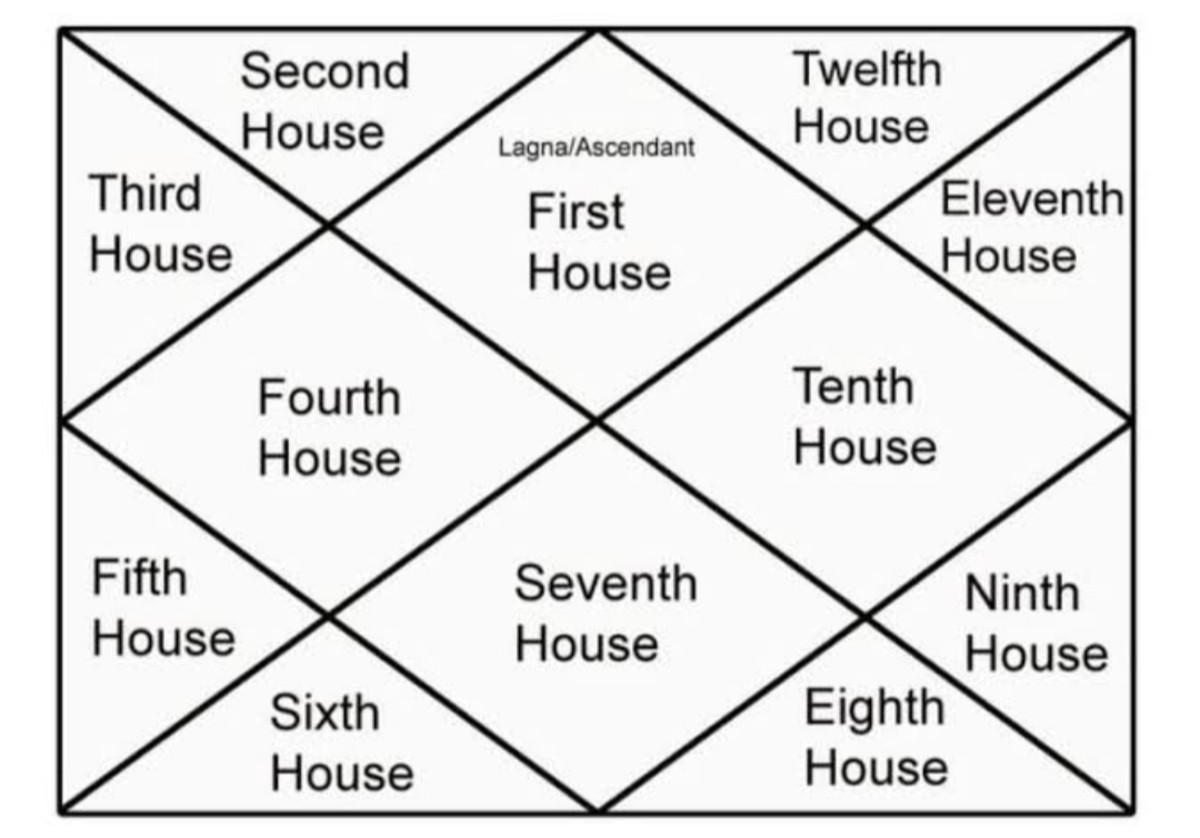How to Find Interesting and Inspiring Topics for Your Articles and Hubs
The possibilities of topics for your articles and Hubs are endless. If you love kittens, you may want to write about each species, care for them, and behavior. If you love dance, you may want to write about each genre and issues regarding it. If you happen to be an amusement and theme park fan, you may want to list your top 5 attractions or give advice on how to avoid long lines.
But there's the question writers have to ask: where do we start?
Well, despite being endless, topics have to be not only interesting to your audience, but inspiring to them and you. Some topics die out months after it gained traffic, some others gain traffic one to three times a year, and the rest of them gain it weekly to daily, regardless of season. The best way to start writing your content is to find not only interesting topics, but inspiring ones as well.
Evergreen vs Deciduous Content
Topics that are useful at least once a year fall under two categories: evergreen and deciduous.
Evergreen content, if you don't know already, gains traffic at least weekly. It never restricts itself to a season, follow a fad, or clings on to current news. It always uses non-restrictive terminology, like "recently" or "ages ago." It's like a part of an instructional manual for living in daily life. How-to's on doing something in general, like tying a shoe or frying chicken are great examples.
Deciduous content on the other hand, earns traffic and money a few times a year. It dates to the holiday or season, but it never follows current fads. Like evergreen content, people can read it in the future. Unlike it, it can be read every holiday or annual event in general. Seasonal hubs and articles such as those on decorating a house for Christmas fall under the category.
Here, I exclude topics that make ephemeral content. They include the current news, fads, statistics, and more. They gain traffic after publication, but die out and stay dead in the future.
Health
Why are topics pertaining to are health is always interesting and inspiring? Well, health is an evergreen topic, and people are always looking for ways to improve theirs. Those who are pudgy in the middle seek weight loss advice, while those preventing diseases seek content on disease prevention. Regardless of any walk of life, people look for content on keeping themselves healthy.
One example of a health Hub is the one on high-caloric beverages. Sure, companies and restaurants crank out soft drinks and other fattening beverages. But people trying to either stay healthy or lose weight look for ways to drink healthier choices. Considering the audience who want healthy drinks as opposed to those filled with sugar, this Hub is always useful.
But health content is not always evergreen. It can also be deciduous content, from watching your weight during the Christmas season to surviving flu season.
Travel Activities In General
There's a misconception that travel articles and hubs are not evergreen. Sure, skiing only happens in the winter and watching the annual show of colors on the trees happen in the fall. But there are a lot of activities that people can do year-round and regardless of the season they are vacationing.
A good example of a year-round travel activity is cruising. Some people think it only occurs in spring break and summer, but most of them take fall and winter cruises too. To make it both evergreen and useful, I lump advice on cruising with the health issue of autism regarding children in my Hub. I know that there will be autistic children and there will be their parents today, tomorrow, and so forth. So I combined two evergreen topics together.
Not Just A Summer Thing

Travel Destinations
Some people think that writing about travel destinations is a non-evergreen subject. That's because they think of places only open in popular times to visit, such as the beach, the national park, and whatever comes to their mind.
But not all of them are open seasonally - there are a lot of them open year-round. Take amusement and theme parks, for instance. Some people think it's only a summer thing, but especially with Central Florida's array of the latter park types (They are open every single day, to convince those who think they open only for winter break, spring break, and summer vacation.), there are those that open all year.
Take my Hub on avoiding long lines in rides, for example. Remember that amusement and theme parks are not just summer-only topics to write about. I include the aforementioned parks that open every day as well. I know that people will have to be wary of hour-plus waits to the roller coaster, so I generalize the topic to be useful for everyone.
Music
Music is a very broad niche to write about. It can be either evergreen (such as advice on how to improvise) or deciduous (such as looking for the right Christmas songs on your playlist).
But one of the most useful, evergreen, and profitable areas of the niche is advice on buying a musical instrument. In my Hub on looking for instrument quality, I give advice on what those "bad" instruments are (I did not list specific brands of them, to avoid legal trouble) and how to look for a quality instrument. Despite that advice, factories continue to crank out inferior clarinets, trumpets, and so on.
Now that you have found your interesting topics for your articles and Hubs, keep those rules in mind:
- Write Original Content
Remember the catchphrase: content is king. Don't copy off someone else's work, unless quoting a bit of it. - Use Proper Writing Conventions
Check your spelling and grammar before publishing. - Balance Text With Media
The ideal ratio to media is 100-200 words of text per item, so let them serve your point visually, as well as have the text explain in depth. - Use Proper Keywords
Think of the best keywords and place them strategically in your article or Hub. Remember, don't overdo it!
Don't be afraid to engage the readers as well as interest them. So look for things to write about and inspire them and yourself. Happy writing!
More Hubs on Improving Hubs and Articles
- Dear Hubber, Here's Why Your HubPages Score Decreases
Why is Your Hub Score low? Here's why and here's how to solve it. - What Makes Many Articles and Hubs Successful?
Tips and tricks I learned throughout my freelance writing career. - How to Increase Everything in Your Articles and Hubs
Whether it's on Triond, Associated Content, or here at Hubpages, anyone can increase traffic, ratings, and money on their articles!








